Bullying

Information
Here you’ll find answers to some common questions concerning bullying.
Select the underlined questions below to see more.
Bullying is where a person or group behave in a way that is intended to hurt someone, either physically or emotionally.
Bullying is sometimes a one-off act, but often it can be part of a repeated set of behaviours that happen over time, meaning that its effects mount up and add to the target’s feelings of fear, depression and despair.
There are many different types of bullying, including:
- physical assault
- teasing
- making threats
- name-calling
- excluding behaviours
and many of these can happen online as well as in person.
Bullying is often aimed at certain groups, for example because of their gender, sexuality, race or religion but it’s not really about that at all. Put simply, bullying is about one group or individual trying to make themselves feel powerful over someone.
Bullying is never ok and all schools, colleges and training providers should work hard to help make it stop once they know it is going on. They will usually have a policy about bullying that explains what they will do to stop it.
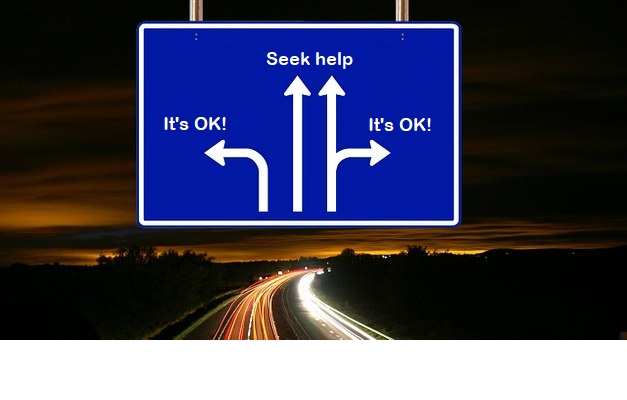
If they're being bullied
The most important thing to remember if young people find themselves becoming bullied is that it is not their fault, so they shouldn’t blame themselves or believe what the bully says about them.
Encouraging the following ideas could help
If they start to feel like they are being targeted, here are some ideas that may help them cope:
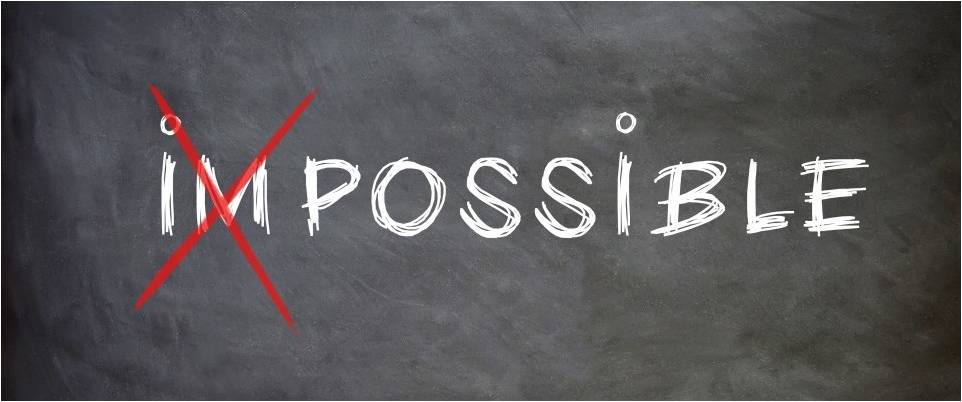
Finding help
Who can they talk to?
- Friends
- Family
- Someone you trust at school
- Youth worker
- Health professional (GP; Counsellor Nurse)
- Charities and Helplines
Select the underlined topics below to view what resources are available.
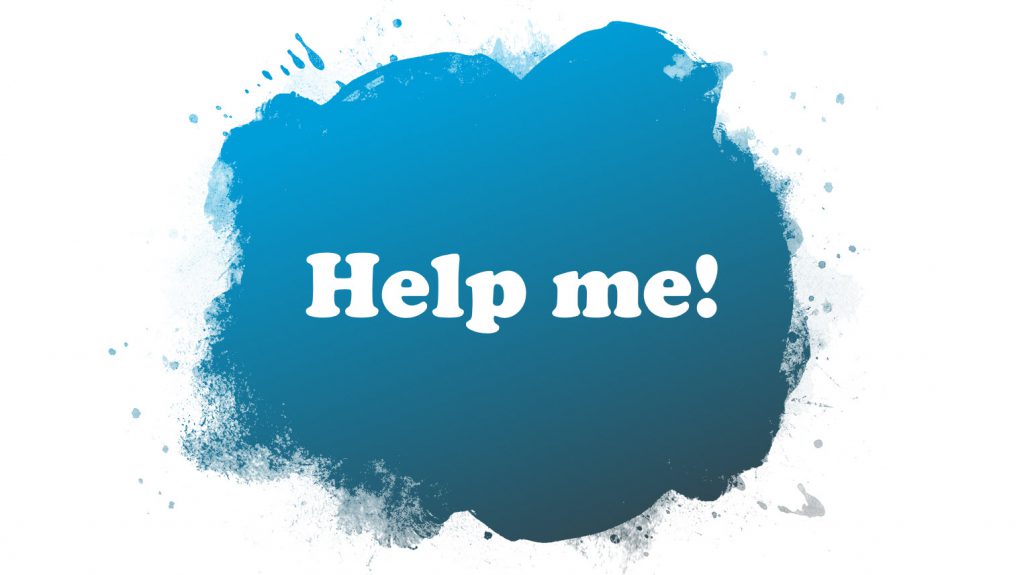
Getting more help
If you haven’t already found the help you’re looking for, you can find additional information and services which are more interactive here.
Select the underlined topics below to view what resources are available.
…in and around North Staffordshire
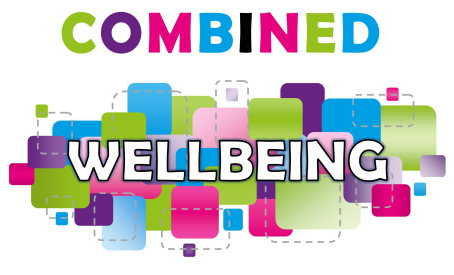

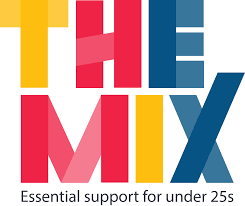

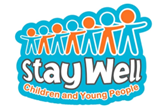




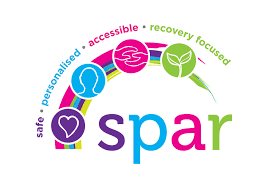
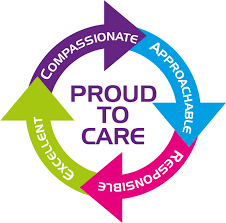


 Think about how you respond to bullying. Some bullies are hoping to see their targets get angry
Think about how you respond to bullying. Some bullies are hoping to see their targets get angry Bullies often target people
Bullies often target people 
 Keep a record of what’s happening. If it is online you could save or copy any messages, posts, photos or videos. If the bullying is happening “in person” make notes to remember who was involved, what happened and when it happened.
Keep a record of what’s happening. If it is online you could save or copy any messages, posts, photos or videos. If the bullying is happening “in person” make notes to remember who was involved, what happened and when it happened.